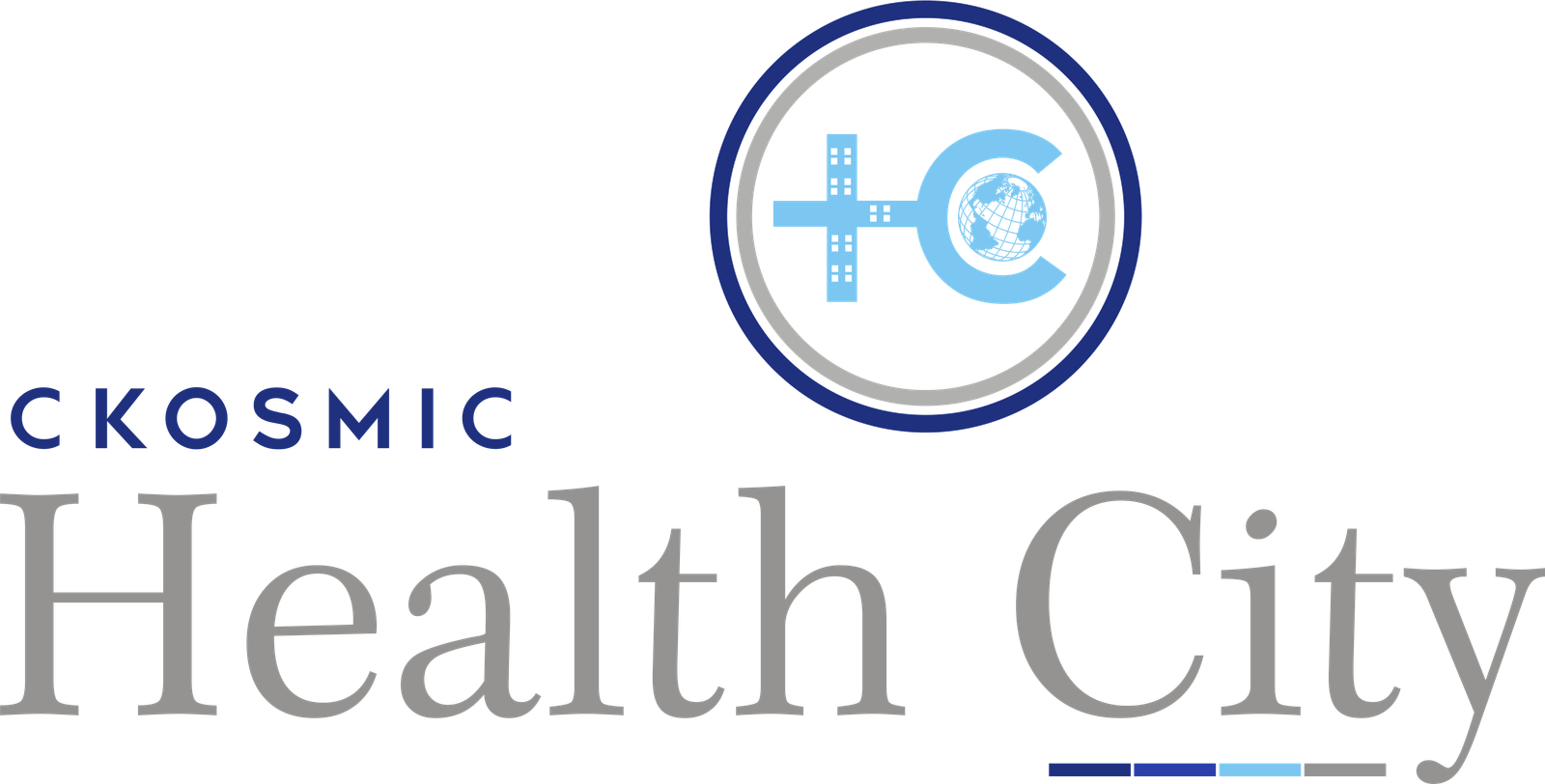Best Weight Loss Surgery in Panchukla
Introduction
Obesity has become a public health problem. Indeed, its frequency is steadily increasing in the world. Morbid obesity, defined by a body mass index (BMI) greater than 40 kg/m2, is associated with numerous diseases (diabetes, dyslipidemia, hypertension, arterial hypertension, infarction, sleep apnea syndrome, etc.) responsible for morbidity and mortality.
Dr. Amit Sood who does the Best weight loss surgery in Panchkula. He runs an organization named Ckosmic Surgical Center in which he treats his patients very carefully and professionally. He has a very advanced and experienced faculty.
The development of laparoscopy has led to a proliferation of bariatric surgery interventions. While adjustable gastric banding remains the most widely used procedure due to its simplicity and good short-term results, the high frequency of complications and long-term weight gain has led to the development of other more aggressive techniques: gastric bypass, longitudinal gastrectomy and “duodenal switch”.

Indications for bariatric surgery
The indication for bariatric surgery is determined by a collegial decision, taken after discussion and multidisciplinary consultation, in adult patients meeting all of the following conditions:
- patients with a BMI = 40 kg/m2 or with a BMI = 35 kg/m2 associated with at least one comorbidity likely to be improved after surgery (in particular cardiovascular diseases including hypertension), sleep apnea syndrome (SAS) and other severe respiratory disorders , severe metabolic disorders, in particular type 2 diabetes, disabling osteo-articular diseases, non-alcoholic steatohepatitis;
- as second-line treatment after failure of a well-conducted medical, nutritional, dietary and psychological treatment for 6 to 12 months;
- in the absence of sufficient weight loss or in the absence of maintenance of weight loss;
- patients well informed beforehand, having benefitted from a multidisciplinary preoperative assessment and management;
- patients who have understood and accepted the need for long-term medical and surgical follow-up;
- acceptable operational risk.
Best Weight Loss Surgery in Panchukla
Preoperative assessment
Before bariatric surgery, the recommendations by Dr. Amit Sood specialist in doing the the Best weight loss surgery in Panchkula are as follows:
- perform anthropometric measurements: BMI, waist circumference;
- specify the nutritional and vitamin status of patients: albumin, haemoglobin, ferritin and iron saturation coefficient of transferrin, calcium, vitamin D, vitamins B1, B9, B12. Additional dosages may be carried out in the event of a clinical or biological call point;
- to evaluate with the patient, the type of eating behavior and to look for the existence of an eating disorder, association with mental disorders. It is recommended to take this into account in the indication for surgery but also in the pre and postoperative multidisciplinary management;
- to assess and manage cardiovascular or metabolic comorbidities, in particular hypertension, type 2 diabetes, dyslipidaemia;
- to screen for endocrine diseases that may be responsible for obesity;
- to assess the thromboembolic risk;
- to identify and manage an obstructive sleep apnea or hypopnea syndrome according to the recommendations in force, smoking or other respiratory pathologies;
- to carry out a hepatic evaluation which must include at least a dosage of transaminases and gammaGT to evoke non-alcoholic steatohepatitis and trigger a hepato-gastroenterology consultation if necessary;
- the clinical or paraclinical suspicion of motor disorders of the oesophagus may lead to discussion of the performance of an oesophageal manometry before fitting a gastric band;
- assess musculoskeletal and joint status;
- to evaluate the masticatory coefficient and the dental state.
Best Weight Loss Surgery in Panchukla
Contraindications
There are few contraindications to bariatric surgery which will be told by Dr. Amit Sood.
It’s about:
- severe mental or cognitive disorders that limit the patient’s ability to understand the surgical procedure and participate in prolonged medical follow-up;
- addiction to alcohol and psychoactive substances;
- severe pathologies such as unstable coronary diseases or hepatic pathologies with portal hypertension, which make the risk of the operation too high;
- diseases involving short and medium term vital prognosis.
Perioperative management of comorbidities
Before the operation , in order to reduce the operative risk, it is important to detect and effectively treat comorbidities, in particular type 2 diabetes, hypertension, dyslipidemia, sleep apnea syndrome.
After the operation:
- thromboembolic prevention by getting up early, compression stockings and low molecular weight heparin is recommended;
- treatment with a proton pump inhibitor is necessary to prevent anastomotic ulcers;
- the dosages of ongoing treatments must be adapted: in fact, malabsorptive surgery can lead to malabsorption of certain medications such as vitamin K antagonists, thyroid hormones, antiepileptics;
- clinical signs of undernutrition or vitamin deficiency, in particular signs of neurological damage, should be sought. A nutritional assessment is therefore necessary which will be guided by Dr. Amit Sood. This assessment may include a dosage of albumin and prealbumin, haemoglobin, ferritin and iron saturation coefficient, transferrin, calcium, vitamin D, PTH, vitamin A, B1, B9, B12, zinc or selenium. Dosages are recommended 3 and 6 months after the intervention, then at least annually;
- In terms of supplementation, it is advised to:
- resort to systematic supplementation after malabsorptive surgery, the duration of which cannot be specified (lifetime by default): multivitamins, calcium, vitamin D, iron and vitamin B12; after restrictive surgery, supplementation must be discussed according to the clinical and biological assessment;
- reinforce supplementation in the event of a particular situation, using parenteral forms if necessary;
- warn patients of the risks to which they are exposed in the event of a deficiency, of the risks incurred in the absence of taking supplements and of the warning signs leading to the suspicion of a serious deficiency, for example: neurological signs, very rapid, intense fatigue, sensory disturbances.
Conclusion
Indications for bariatric surgery must be determined by multidisciplinary teams after failure of well-conducted medical treatment. The analysis of eating behaviour and associated psychological disorders is essential in the choice of intervention, as is the importance of BMI, associated comorbidities and operative risk. After the intervention, monitoring and nutritional and vitamin supplementation are necessary for life. So if you are looking which is the best option for Best weight loss surgery in Panchkula, then you must visit Dr. Amit Sood at his Ckosmic Surgical Center.

